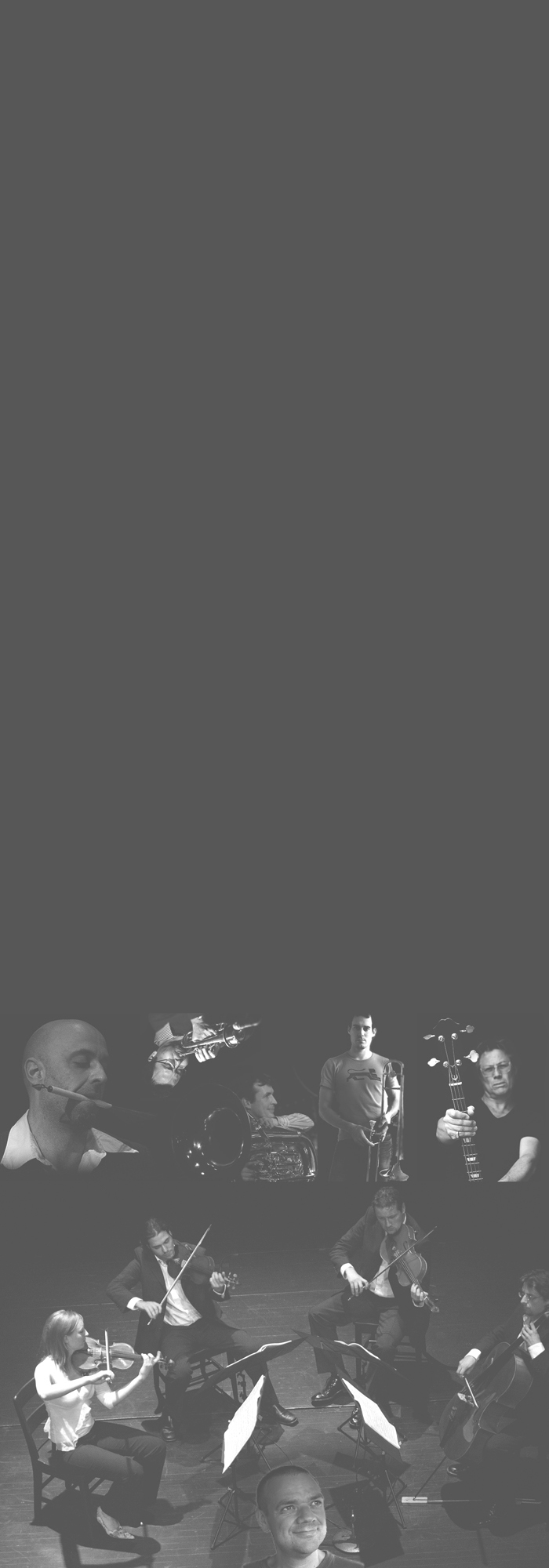Dutch keyboardist Michiel Braam changed the name of his electric band from the Wurli Trio to eBraam, and he now apparently favors the more varied Nord Stage EX over the ol’ Wurlitzer. The new band name speaks to the wider palette of keyboard voicings now open to Braam, while also seeming well suited to the 2013 music distribution/consumption Zeitgeist in which a lowercase “i” prefix marks hundreds of millions of mobile music-listening devices. And yet on 3, the group’s debut as eBraam and third album overall, Braam, bassist Pieter Douma, and drummer Dirk-Peter Kölsch look back over 40 years, claiming to take their inspiration and influences from Soft Machine’s landmark 1970 album Third, along with George Duke and Ten Years After -- so it seems that everything from psychedelic to jazz-rock, fusion, funk, and blues-rock would come into play here. Plus, the title 3 refers to the use of triads, thirds, and waltz meters among the compositional elements, unsurprising for a band whose 2006 album, Hosting Changes, was laden with anagrams. Patterns and structures -- whether in music or words -- are particular Braam obsessions, yet even in an “e” band, the result is more playful than mechanical.
The electric piano voicing of opening jazz-rocker “1B44, Please” is echoed by a Hammond sound from the stop-start downward tumbling theme through Braam’s explosive solo; with a bit of imagination this could be heard as a marriage of British instrumental prog and U.S. funk-fusion, but the tight, energized attack of the band is 100 percent Braam-Douma-Kölsch. Concept and execution come strongly together on album highlight “The Pindaric Ode” -- the ‘70s touchstones are fully present, yet the overall feel is 21st century. Two minutes of floating ambience are startlingly interrupted by a sudden blast into a grooving space-funk jam seasoned with burbling sequenced synth and brittle electro-percussive syncopations, over which Braam unleashes a screaming solo before retreating back toward space, although Douma and Kölsch don’t ever let the energy flag. Late album entry “3 Sheets to the Wind” begins with an intro of slow, siren-like synth oscillations, an urgent start to a deliberately paced blues, with Braam’s alternately soulful and rambunctious organ answered by bursts of electronic percussion rather than a wailing harmonica or guitar.
eBraam approach the inspiration of Soft Machine’s Third obliquely, but late Softs bassist Hugh Hopper is paid more direct homage. Although his solo on “Pythagorean Theorem” flirts with bass-popping funk, Douma seemingly aims for Hopper’s economical approach of playing over changes and sticking close to melodic themes in his improvisations. And Douma sings the words to Hopper’s “A Certain Kind” in suitably heartfelt yet understated fashion, retaining the near stream-of-consciousness flow of the lyrics. Originally sung by Robert Wyatt on 1968’s Soft Machine, Vol. 1, this is probably as straightforward a love song as the Softs ever delivered. With Braam’s muted, vibrato-laden round synth tones and lovely harp embellishments from guest Ulrike von Meier, this version does full justice to the original.
Dave Lynch, All Music Guide



















